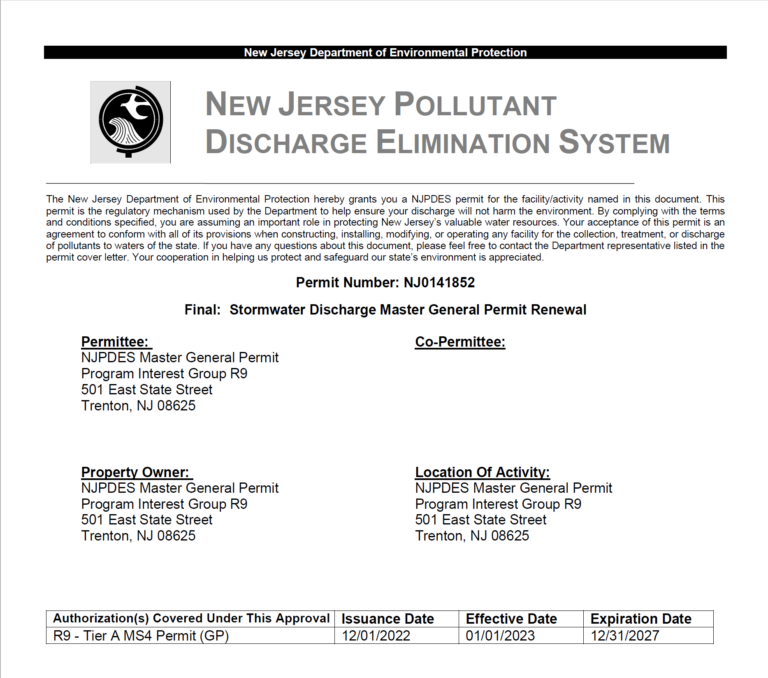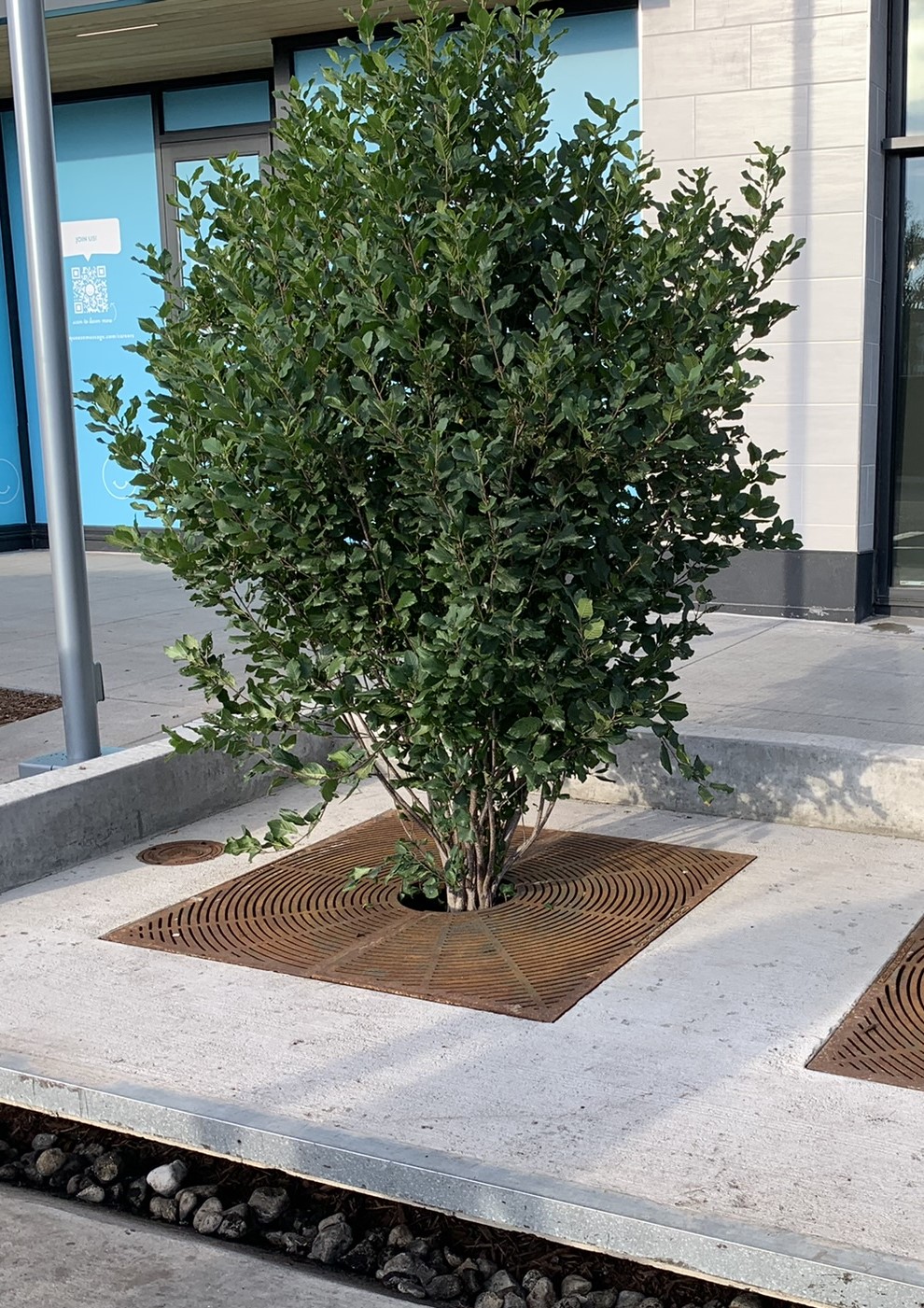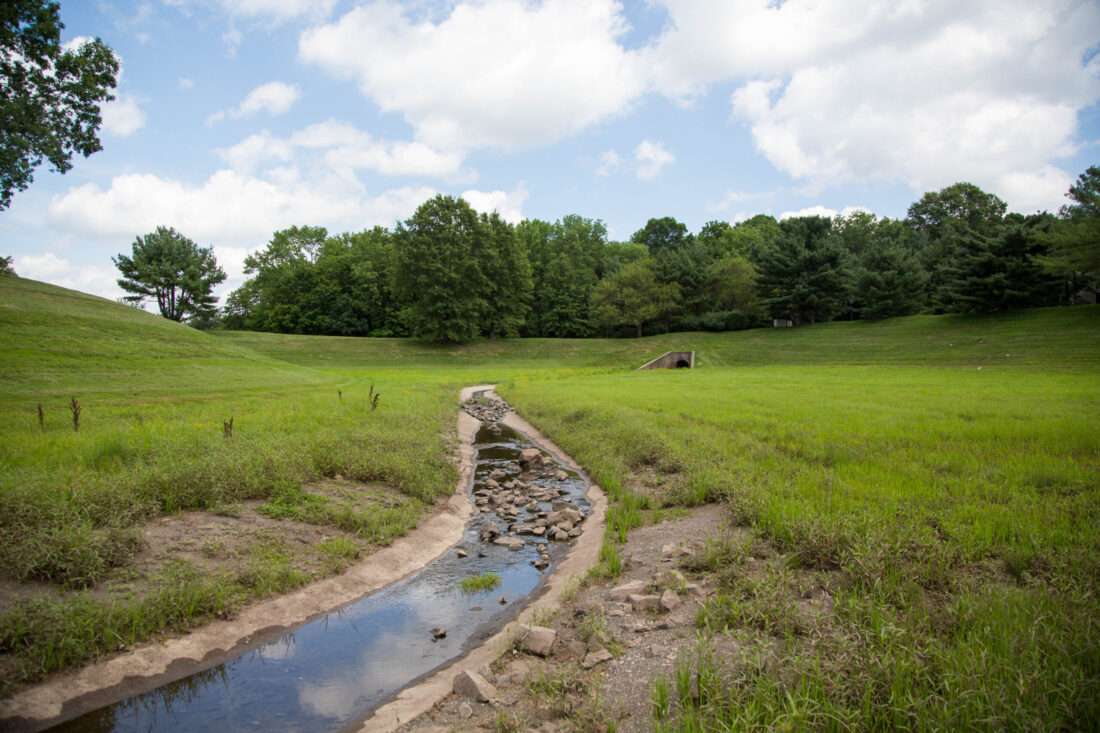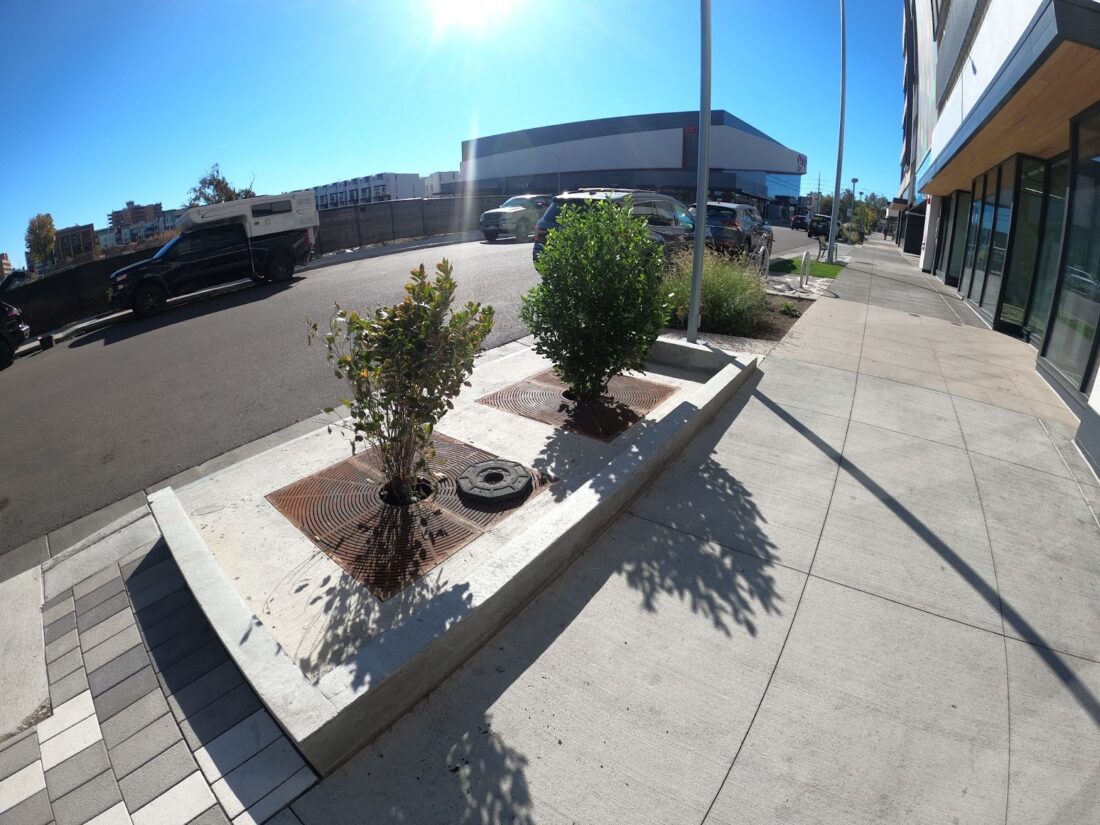
New Jersey’s 2023 Tier A NJ Municipal Stormwater Permit
Last Updated on December 3, 2023 by Stormwater Compliance Solutions
A Plan That Responds to Risk and Prepares for the Future
New Jersey municipalities operating Municipal Separate Storm Sewer Systems (MS4s) were introduced to new requirements in 2023 when the New Jersey Department of Environmental Protection Agency (NJDEP) issued a revised Tier A NJ Municipal Stormwater Permit (NJPDES: NJ0141852). The new permit, with an effective date of January 1, 2023, was developed to comply with the US EPA (United States Environmental Protection Agency) Phase II Rules, representing the third revision to the initial 2004 NJPDES general permit – and the one with the most sweeping changes.
The original 2004 NJPDES municipal stormwater permit provided for two tier classifications, Tier A – which complied with the National Pollutant Discharge Elimination System (NPDES) MS4 General Permit Remand Rule and Tier B – which contained fewer requirements, essentially granting a waiver to smaller and more rural communities located in non-coastal areas of the state. While the MS4 general permit has evolved in each of the five-year renewal periods, the 2023 Tier A NJ Municipal Stormwater Permit goes much further, confronting a changing climate head-on in response to the sharp increase in major flooding events that result in significant additional stormwater runoff. Just as there is no distinction for where flooding events will occur, there is now no distinction between MS4 permit types. All former Tier B municipalities have been reassigned to Tier A, and all MS4 owners are responsible to meet demanding new requirements under the new NJDEP stormwater regulations. While the Tier A NJ Municipal Stormwater Permit became effective on January 1, 2023, the NJDEP provided for a staggered compliance schedule to help municipalities meet their obligations, and in recognition of the fiscal impacts of the compliance tasks, the NJDEP developed Tier A Stormwater Assistance Grants for existing Tier A and transitioning Tier B to Tier A communities. The Tier A permit addresses stormwater quality issues relating to both new and existing development, increases preventative measures and inspection/reporting requirements, and expands community engagement to collectively reduce the discharge of pollutants into waterways. Many municipalities are diligently working with stormwater consultants and engineers to not only meet the compliance challenges of the new permit, but to reduce flooding risk and the associated impacts to their communities.
For transitioning Tier B to Tier A municipalities, numerous new tasks are required, including community-wide ordinances to enforce the proper managements of Pet Waste, Wildlife Feeding, Litter Control, Improper Disposal of Waste, Yard Waste, Private Storm Drain Inlet Retrofitting, and Illicit Connections as well as the two new ordinances for Tier A municipalities for privately-owned salt storage and tree removal/replacement, all contributing sources of water contamination and/or erosion that can alter or increase water flow and volume into MS4 systems. New Tier A’s must create and implement a Stormwater Pollution Prevention Plan (SWPP) and create a dedicated stormwater resources page on the municipal website to serve as a repository of required stormwater-related documents. There are increased site inspection and reporting requirements, salt storage and excess salt pile removal and wood waste/yard trimmings regulations, as well as stream scouring and illicit connection detection and elimination programs mandated under the Tier A permit, with the full list of MS4 requirements available at: https://dep.nj.gov/wp-content/uploads/njpdes-stormwater/final-deliverables-timelines-2023-ms4-tier-a-permit.pdf .
Enforcement is a critical component of the Tier A NJ Municipal Stormwater Permit, including with local ordinances, to measure effectiveness as well as to target future areas of improvement. Violation records shall be maintained for reporting purposes. The NJDEP has an essential enforcement role too, as it must ensure that the overall environmental health of the state is not unduly compromised by stormwater pollution. Municipalities should anticipate more frequent inspections of records and facilities by NJDEP officials in the time ahead.
Under the Tier A NJ Municipal Stormwater Permit, ALL Tier A municipalities must develop, update and maintain an MS4 Stormwater Infrastructure Map of all publicly and privately owned stormwater infrastructure, impervious cover, and other relevant data. This requirement is due by 2026 but municipalities are urged to commence this work without delay as it is a resource tool that will aid in other reporting and inspection of other elements of MS4 stormwater system management. The NJDEP notes the significance of this inventory such that it developed its Tier A 2023 Municipal Assistance Grant using the completion of this mapping as a requirement for final payment for existing Tier A grantees.
All Tier A’s will need to update their Municipal Stormwater Management Plan, and over a staggered three-phase project period, develop a Watershed Improvement Plan for the assessment and management of regional stormwater impacts. The street sweeping schedules have changed, too, increasing the frequency of sweeping from monthly to tri-annual for segments of municipal roads with storm drain inlets that discharge to surface water, at least annual sweeping of municipal roads that do not have storm drain inlets that discharge to surface water.
Enhanced Best Management Practices (BMP’s) are now required for municipal maintenance yards in the Tier A NJ Municipal Stormwater Permit, as well as minimum BMP inspection frequencies for providing a minimum inspection frequency for public and private facilities to ensure proper maintenance. Changes to the measurable time frames for stream scouring and illicit connection program remediation have also been made. Modified training requirements for employees and land use/governing body members have been added along with an enhancement to the Stormwater Management Design Review (SWMDR) training requirement to require a short update course to cover rule amendments. The completion of inlet retrofits is another key requirement under the new permit.
The examples of the 2023 Tier A NJ Municipal Stormwater Permit requirements noted above are not exhaustive of the terms of the final rule, though they signify the breadth and reach of the subjects relative to the risk of stormwater pollution and the ever-increasing and often tragic consequences. Municipalities should prepare today by developing comprehensive and compliance programs, and include requisite funding in their budgets for proper implementation. While the fiscal burden of implementing proactive and preventative measures under the NJDEP new stormwater regulations is burdensome, so is the cost of recovery when damage to infrastructure, property – and even life – is at a heightened risk.
Stormwater Compliance Solutions, LLC is an established industry leader in providing services to help our clients navigate the complexities involved in the successful planning, design, and maintenance of stormwater management systems and programs. Please feel welcome to contact our Chester, NJ office (908-879-1145/[email protected]) to discuss how we may best serve your municipality.
Municipal NJ Stormwater Regulation Program: https://dep.nj.gov/njpdes-stormwater/municipal-stormwater-regulation-program/




